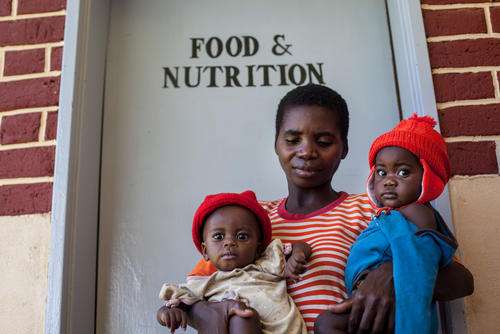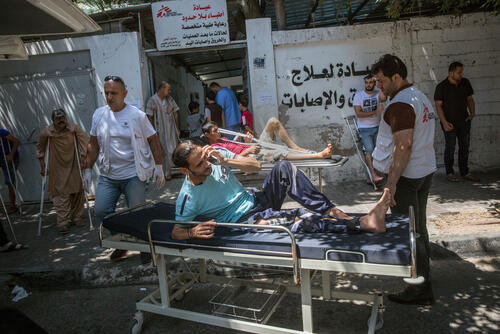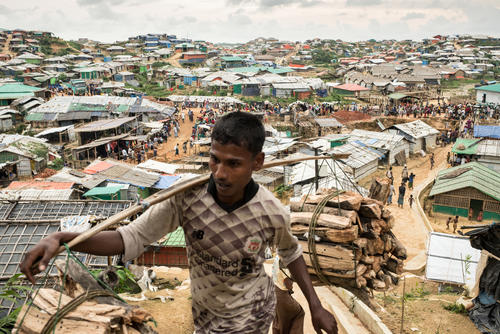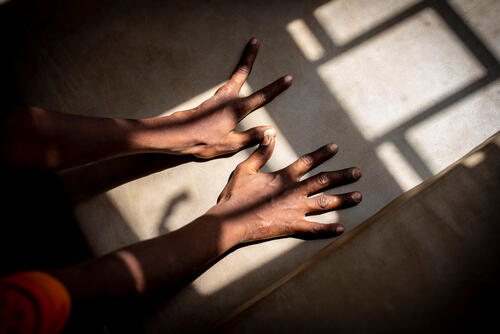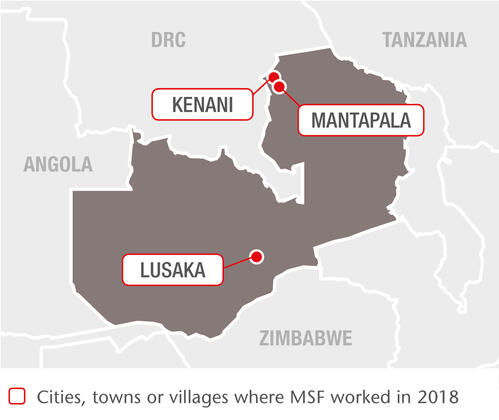
6,740
6,74
490
49
Cholera is a major public health issue in Zambia. Epidemics typically occur during the rainy season in the informal settlements in the capital, Lusaka, where poor hygiene conditions facilitate the spread of the disease.
In January, we supported the Ministry of Health to manage an unusually large number of cases during a cholera outbreak in south Lusaka. We provided 24-hour support at the cholera treatment centre (CTC) at Chawama hospital and increased its capacity to 41 beds.
In addition, we trained staff on cholera protocols and preventive measures, including sanitation and hygiene, donated medical and logistical equipment to the hospital and surrounding health facilities, and established surveillance and referral systems to improve the detection of cases and ensure all patients received adequate levels of care.
According to the United Nations refugee agency, UNHCR, Zambia was hosting 40,917 refugees by February 2018,<a href="https://data2.unhcr.org/en/documents/download/62409">UNHCR Inter-Agency Operational Update</a> mostly from southeastern Democratic Republic of Congo. Many had sought shelter in overcrowded camps in Kenani and Mantapala. We set up nutrition programmes and conducted outpatient consultations in both sites.
With the health ministry, we vaccinated over 5,600 children against measles in a two-round vaccination campaign, and distributed mosquito nets and soap.
To prepare for a possible outbreak of cholera, we set up a 30-bed CTC in each camp and provided medical and logistical training on cholera and nutrition surveillance to 11 health facilities, donated medical and logistical supplies and conducted health promotion activities and training.



